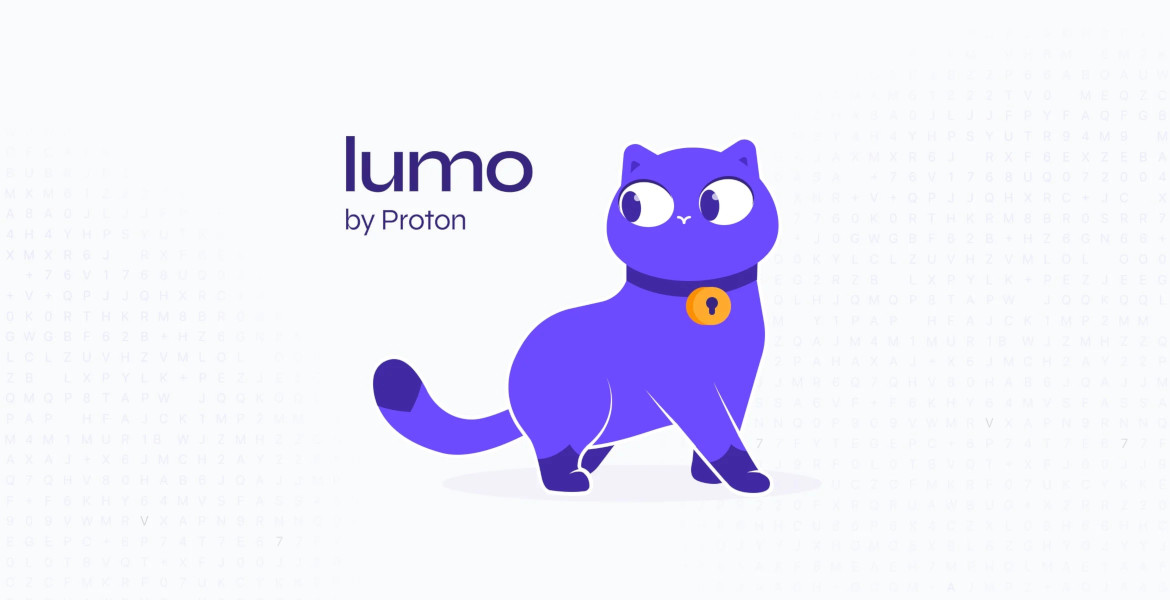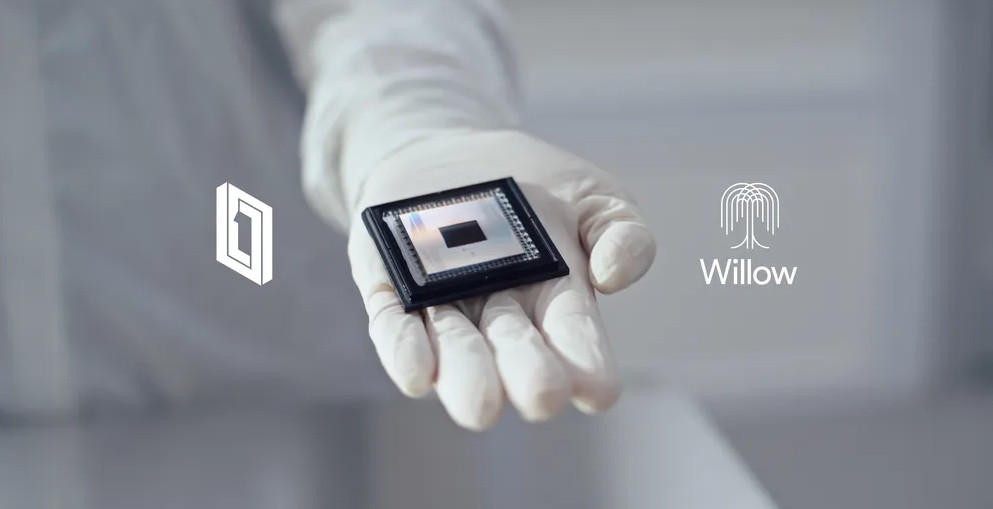Proton challenges ChatGPT with its new AI assistant Lumo, which promises to never store or train on users' conversations. The service launches with end-to-end encryption and stricter privacy protections than competing AI services.
The Swiss company Proton, known for its secure email services and VPN solutions, is now expanding into artificial intelligence with the launch of AI assistant Lumo. Unlike established competitors such as OpenAI's ChatGPT, Google's Gemini and Anthropic's Claude, Proton markets its service with promises to never log, store or train its models on users' questions or conversations.
Lumo can, just like other AI assistants, help users with everyday tasks such as rephrasing emails, summarizing documents and reviewing code. The major difference lies in privacy protection – all chats are end-to-end encrypted and not stored on Proton's servers.
Privacy-focused alternative in the AI jungle
Proton's strategy differs markedly from industry standards. ChatGPT stores conversations for 30 days for security reasons, even when chat history is turned off. Gemini may retain user queries for up to 72 hours, while Claude saves chats for up to a month, or longer if they are flagged for review.
An additional advantage for Proton is the company's Swiss base, which means stricter privacy laws compared to American competitors who may be forced to hand over user data to authorities.
The company has not confirmed which models are used, but Lumo likely builds on smaller, community-developed systems rather than the massive, privately trained models that power services like ChatGPT. This may mean that responses become less detailed or nuanced.
Three service tiers
Lumo is available via the web as well as through apps for iOS and Android. The service is offered in three tiers: two free options and a paid version.
Guest users can ask a limited number of questions per week without an account, but chat history is not saved. Users with free Proton accounts automatically get access to Lumo Free, which includes basic encrypted chat history and support for smaller file uploads.
The paid version Lumo Plus costs approximately $12.99 per month ($9.99 with annual billing) and offers unlimited chats, longer chat history and support for larger file uploads. The price undercuts competitors – ChatGPT Plus, Gemini Advanced and Claude Pro all cost around $20 monthly.
The question that remains to be answered is how well Lumo will compete with models trained on significantly larger datasets. The most advanced AI assistants are powered by enormous amounts of user data, which helps them learn patterns and understand nuances for continuous improvement over time. Proton's more limited, privacy-centered strategy may affect performance.




